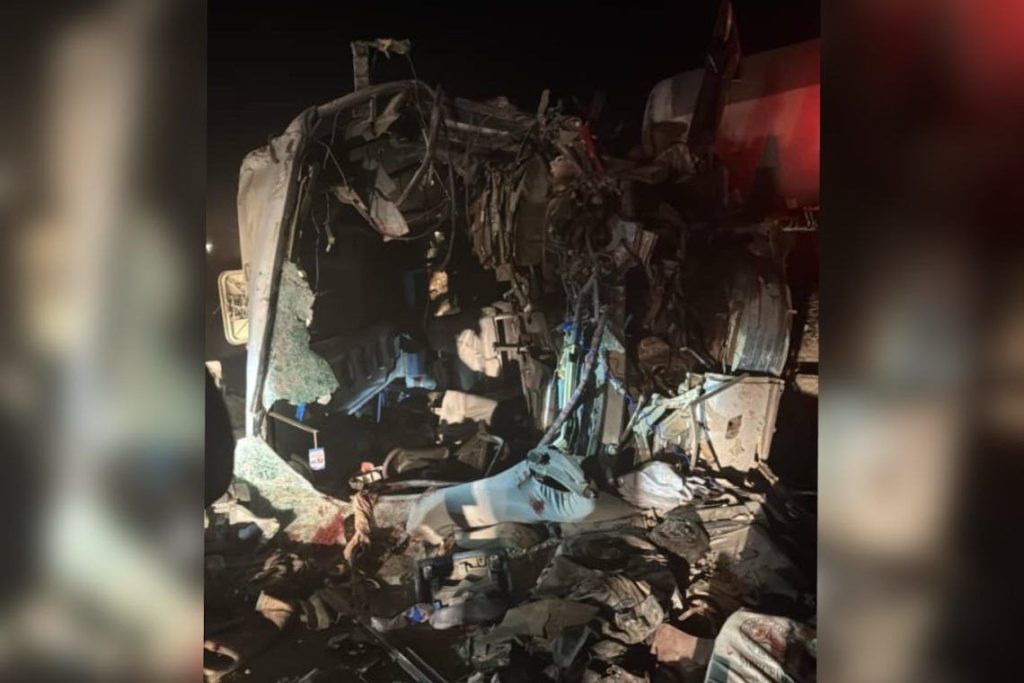Indian Prime Minister Narendra Modi’s recent state visit to the United States has sparked debates and garnered praise for various reasons. However, one aspect that has received scant attention is the discussion held between the two leaders regarding the ongoing Afghan crisis. President Joe Biden of the United States and Prime Minister Narendra Modi emphatically reaffirmed their unwavering support for “a peaceful, secure, and stable Afghanistan.”
Importance of Afghanistan for India and the US
Kabul24: It is important to acknowledge that Afghanistan holds enduring significance for this dynamic duo, representing the two largest democracies in the world. India and the US both have significant roles in reshaping the war-torn Afghanistan. The two nations have put lots of effort and pumped billions of money into Afghanistan for its development and reconstruction.
Providing humanitarian aid to Afghanistan
In the US, Prime Minister Modi and President Biden acceded that it is necessary to continue providing immediate humanitarian assistance to Afghans, emphasizing the importance of addressing their immediate needs and ensuring their well-being. Access to aid can alleviate the immediate suffering of the Afghan population, provide basic necessities, and contribute to stabilizing the situation, fostering hope for a better future.
Compliance with UNSC Resolution 2593
PM Modi and President Biden urged the leadership in Kabul to comply with the directives outlined in UNSC Resolution 2593. This resolution specifically highlights the imperative of preventing Afghan territory from being employed as a base for threatening or attacking other countries. It also emphasizes the necessity of denying safe havens and training facilities to terrorists and curbing the planning and financing of terrorist activities.
Taliban’s governance challenges
The Taliban, since assuming power, has encountered a myriad of challenges in effectively governing the nation, resulting in profound and widespread suffering among the populace. The socio-economic fabric of the nation of 41 million lies in ruins, with the economy crippled and in a state of disarray. The current regime in Kabul faces numerous reforms in order to gain recognition from the international community. Even nations considered friendly towards Afghanistan are expressing discontent with the current establishment’s manner, functionality, and inflexible nature.
Human rights and inclusive political structure
“Committing to continue close consultations on the situation in Afghanistan, the leaders emphasized the importance of the formation of an inclusive political structure and called on the Taliban to respect the human rights of all Afghans, including women and girls, and to respect freedom of movement,” reads point no 33 of the joint statement, issued by the White House. When President Biden and PM Modi raise such concerns, it’s time for the establishment in Kabul to rethink their structure and style of functioning. The establishment in Kabul must comply with the directives outlined in UNSC Resolution 2593 to get foreign support.
India’s role in G20
While in the United States, Prime Minister Modi eagerly awaited President Biden’s participation in the G20 Leaders’ Summit in New Delhi in September 2023. It is noteworthy that India presently holds the presidency of the G20. To secure a consistent flow of humanitarian aid, the leadership in Afghanistan must undertake credible actions that can persuade Washington, New Delhi, and elite clubs like the G20.







